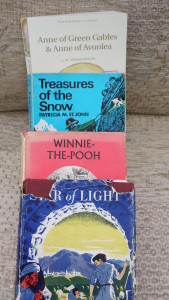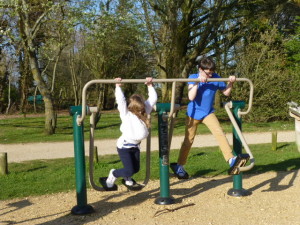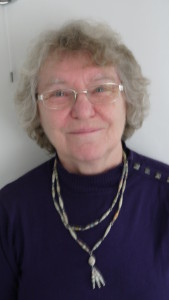Mary Weeks Millard has written several Christian books for children for Dernier Publishing, including The Birthday Shoes, I Want to Be an Airline Pilot, Under the Tamarind Tree, Living in Hope and A Pennyworth of Peppermints.
Following on from author Gareth Rowe’s writing tips a couple of weeks ago, Mary now shares her three top tips for writing stories for children, all of which are excellent advice – don’t just read these, put them into practice!
“My name is Mary Weeks Millard and I write Christian fiction for children between 7 and 13 years. I began writing seriously in 2001, first with adult biography and then diversified into story books for children. It was quite late to begin a new career, because I had just celebrated my 60th birthday! You never know what the Lord has in store for you! At present I have 17 books in print and three more accepted and in the process of publication. They can be viewed at maryweeksmillard.wordpress.com
Here are my top three tips which might help any of you in the process of writing for children:
1. Think back to your own childhood, particularly the age for which you are writing. Which books did you enjoy and why? Which ones did you find boring and give up on and why? There are still lots of young bookworms around in spite of our fast-paced digital age. When I was about ten years old I became an avid reader, but I didn’t like books which took a long time to ‘get into’ or had too many adult words which I didn’t understand. I was introduced to Patricia St. John’s books by a Sunday school teacher when I had to spend a very long time in hospital. I loved them and they helped me to learn about God. I long that my books do the same for this generation’s children. Here are some of the books I loved as a child:
2. Spend lots of time with children and learn about the things which interest them. Listen to them and ask them questions about school, leisure pursuits and things they talk about and like to do when they just ‘hang out’ with friends. I have learnt so much about how life is for children today and some of the problems they face. One young lad of 11 years chats to me about cross channel ferries and has started to write a history of the Condor ferries! I have learnt so much! They give me ideas for new books.
3. When I have finished a book I usually ask someone who has experience with children – e.g. a primary school teacher, Brownie / Cub leader, youth worker to read the book and come back with comments. Doing this makes me feel a bit vulnerable; they may not like my story! I do feel protective of my stories as if they were my babies, but it is so helpful to have professional opinions and invariably the comments are really helpful. I do this before I send the book to the publisher and also try to listen to their comments and adapt if needed.”
So there you go! Mary’s testimony shows that it’s never too late to start writing, and you’re not too old to write for young people if you are willing to spend the time finding out what interests them. So what are you waiting for – get writing – you can make a difference, too!


Nice to know others who start a writing career when ‘everyone else’ is talking retirement! I write general fiction for adults (not ‘adult fiction’ you understand!!) but my latest novel ‘The Labyrinth Year’ features a couple of children in the pre-school/just begun school age. I did exactly as you – I drew on my on-going experiences of the small ones in our church toddler group/sunday school – it was lovely to get to know them better as well. And, to even get a compliment on how I wrote children, in a review!
Yes indeed, there’s no age limit to writing for children, for those willing to put in the time in getting to know their target readers. In fact, a bit of life experience can be useful . . . plus younger parents and youth workers may be too busy to write, so may have to rely on ‘people of a certain age’ (to use a kind French term) to come up with the goods! 🙂